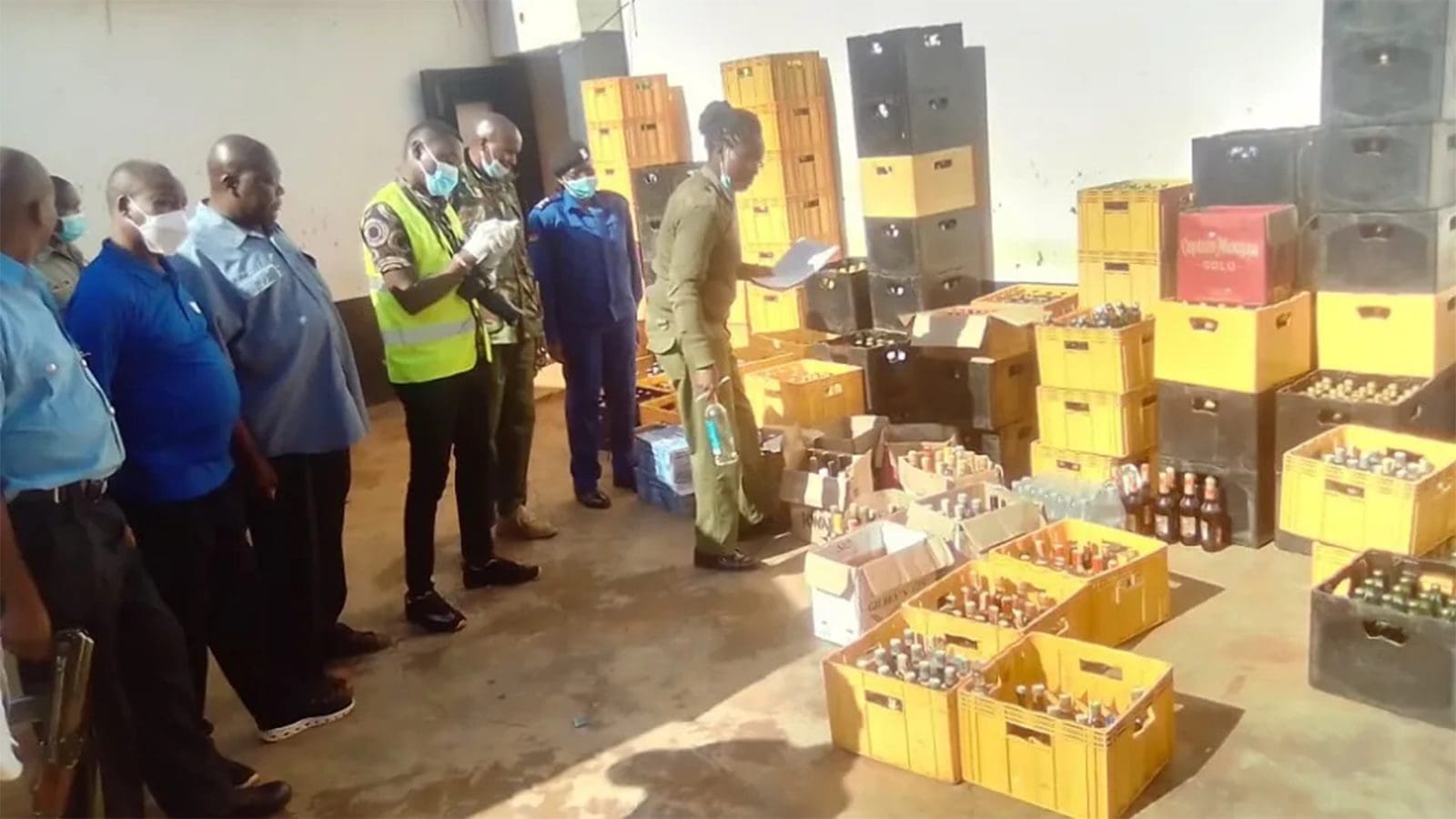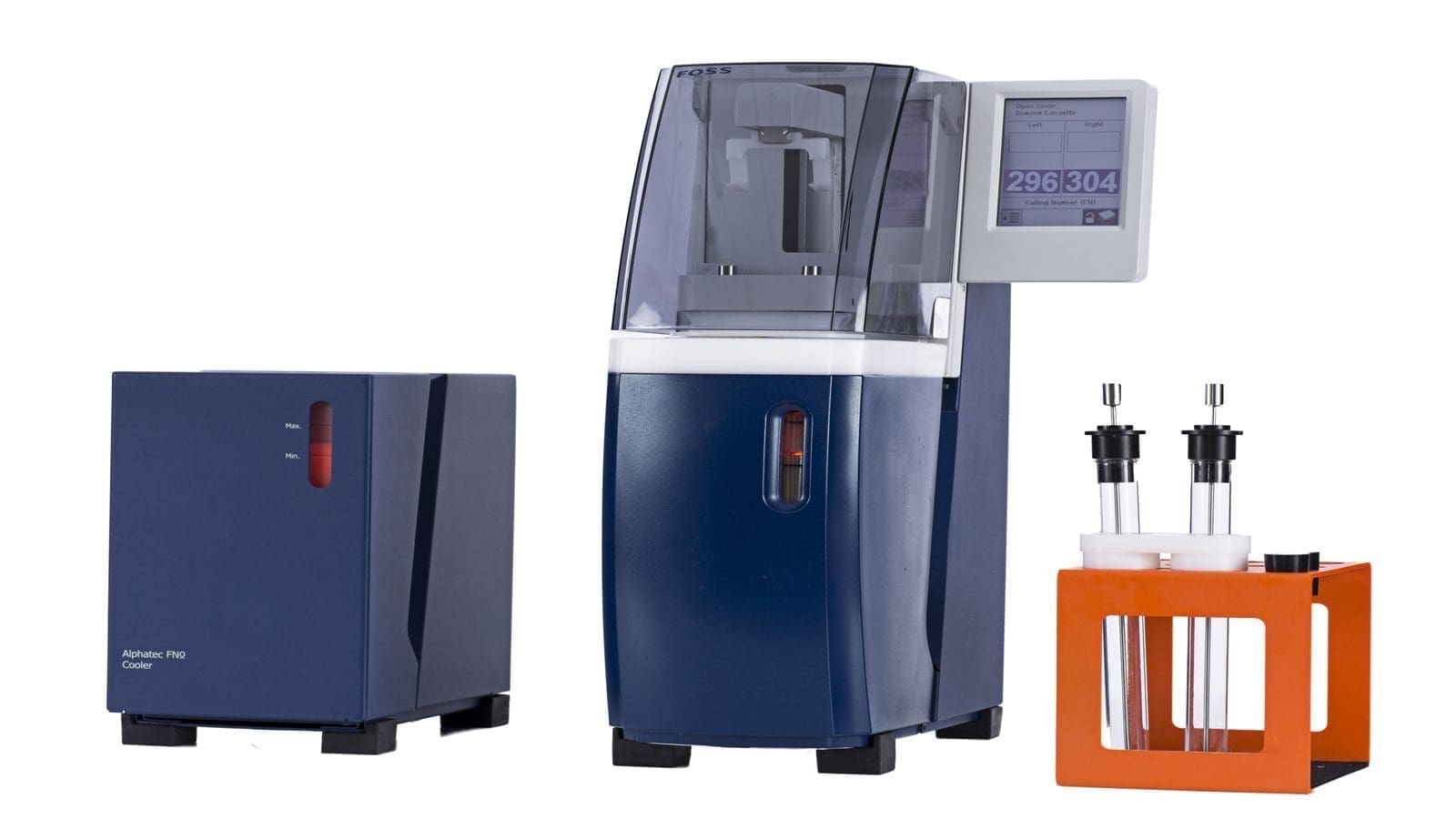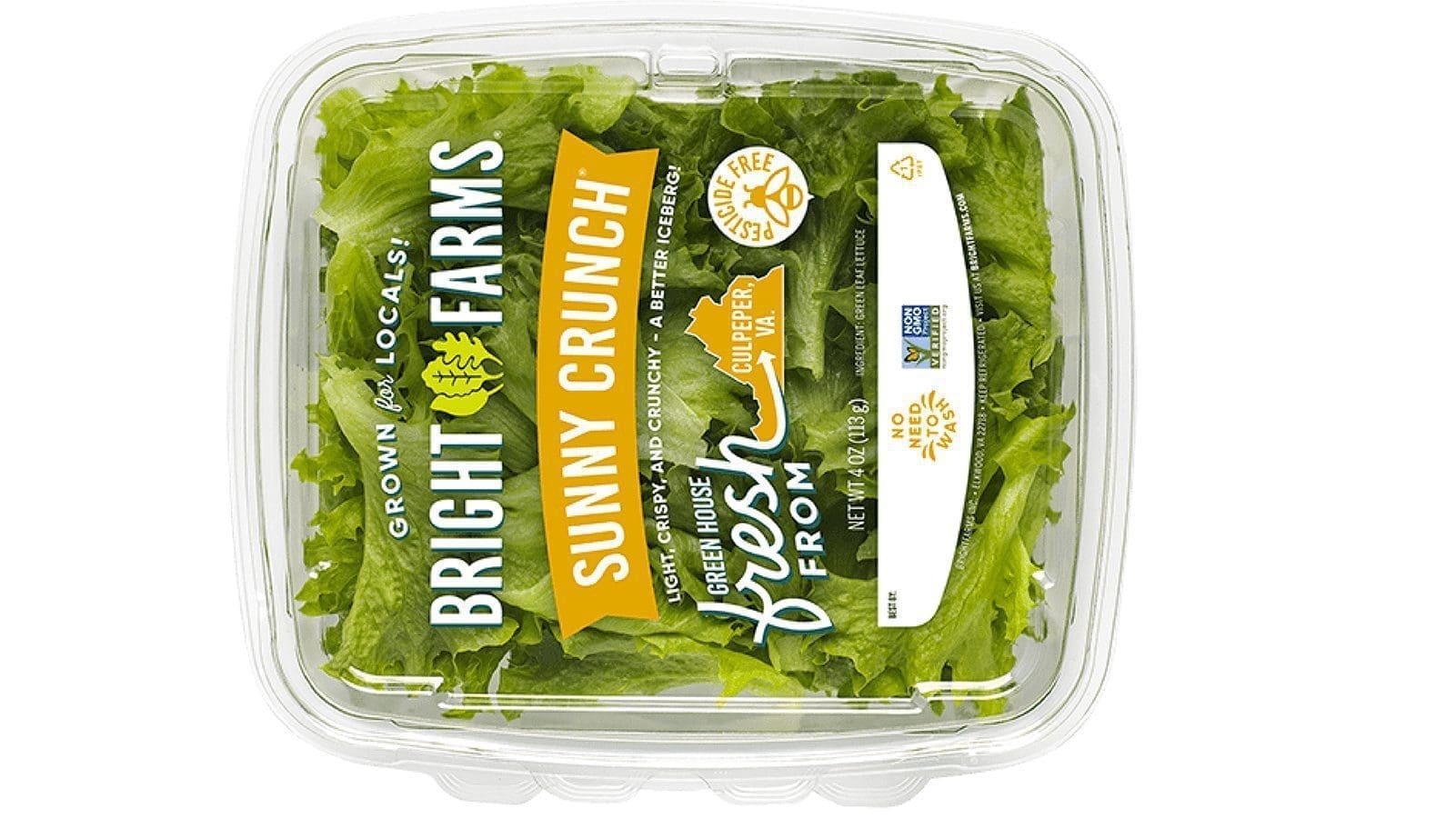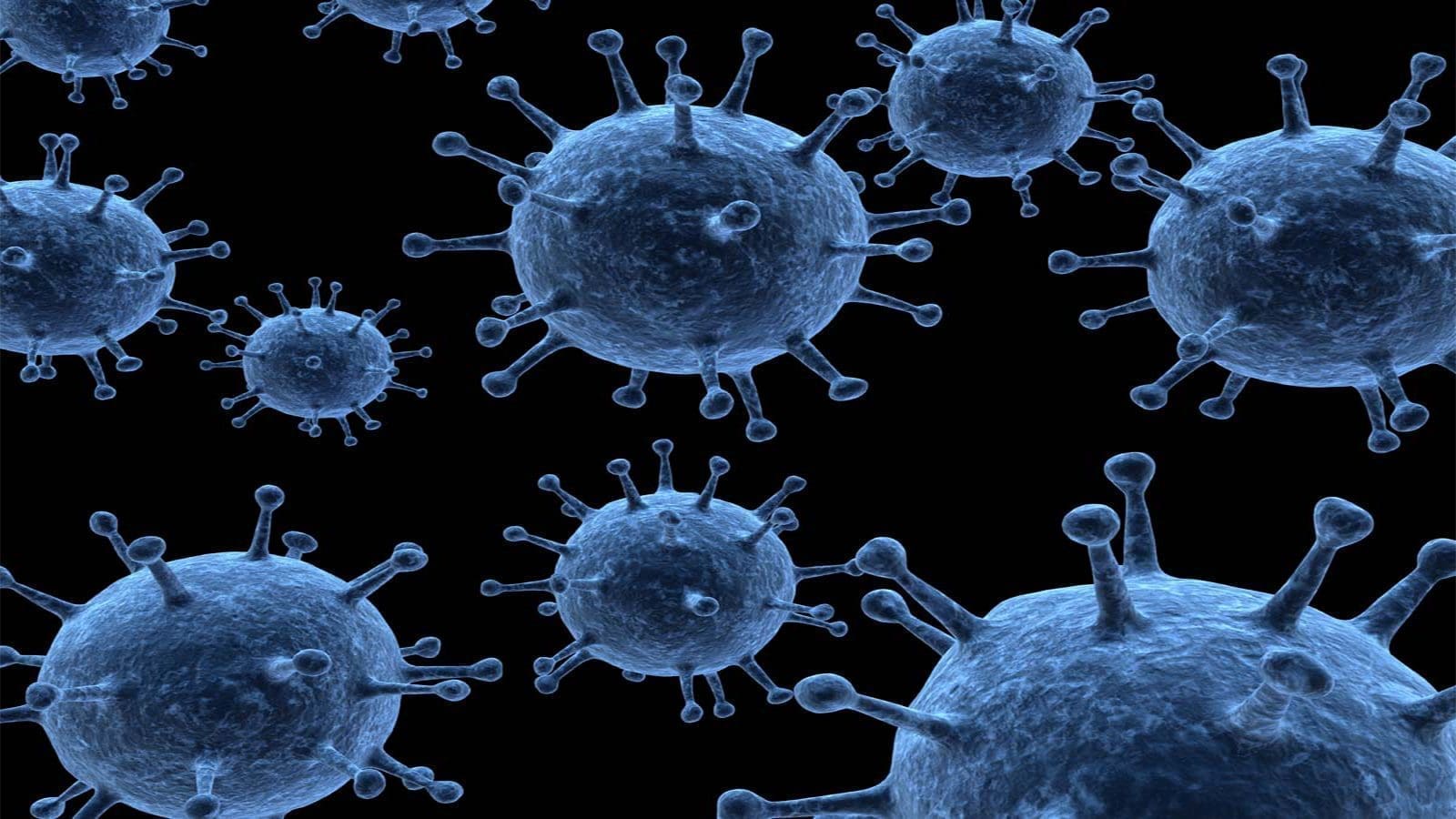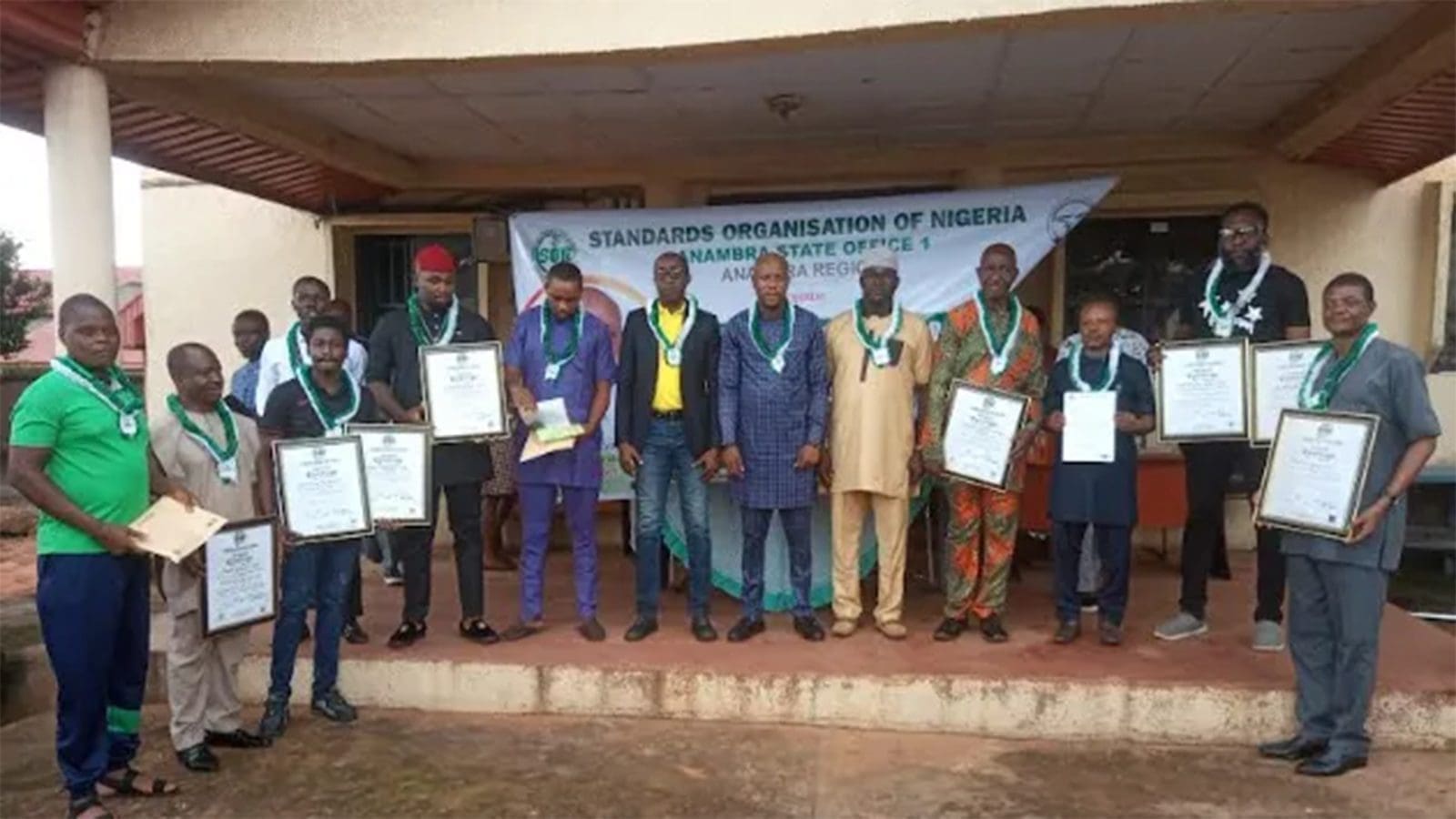UGANDA – Law enforcement agencies and government bodies have been backed up by other key stakeholders in the trading and manufacturing industry in the fight against illicit and counterfeit products on the Ugandan market.
These include Uganda Breweries Limited (UBL), Unilever Uganda Limited, British American Tobacco (BAT), Kampala City Traders Association (KACITA), Uganda Revenue Authority (URA), Uganda Police and Uganda National Bureau of Standards (UNBS), among others.
According to Joseph Lubulwa, Brand Protection Manager, UBL, they have partnered with the private sector and government agencies to conduct nationwide sensitization engagements, to inform the public and relevant authorities on the dangers of illicit trade and how to spot the difference between genuine and counterfeit products.
“Counterfeits take 64.5 per cent of the alcohol market share, leaving the remaining smaller percentage to genuine dealers.”
He said that in 2021, UBL seized illicit alcohol worth Shs 375 (US$ 105,739.69) million and between 2019 and 2020, government lost Shs 1.9 trillion (US$ 535,747,769) in revenue from the sale of illicit alcohol alone.
“Counterfeits take 64.5 per cent of the alcohol market share, leaving the remaining smaller percentage to genuine dealers. We, therefore, appeal to lawmakers to enable tougher penalties and timely prosecution of offenders,” Lubulwa said.
Joanita Menya, the Managing Director of Unilever Uganda, revealed that because of too much illicit trade activities in the country, Unilever was forced to close down its factory in Uganda, which was producing Geisha soap and Sunlight laundry powder, leaving thousands of people jobless.
“This essentially means that we are losing out as a country in terms of investment opportunities in that the people who would want to invest with us from a business perspective do not trust that they will be protected from illicit traders,” Menya said.
She added that illicit trade is a vice which needs joint effort to fight since it costs government revenue, on top of killing innovation and market for genuine products.
“We cannot let counterfeits cost us brand images we have built over the years,” she declared.
Covid pushes traders into manufacturing
On the other hand, Abel Mwesigye, the CEO of KACITA, noted that the effects of Covid-19, has pushed most traders into manufacturing, creating a wider space for counterfeits and illicit trading.
“We have realized that many of our members have lost their businesses due to illicit trading because most of the counterfeit products are sold cheaply, which pushes legitimate producers out of business,” he said.
He added that even though there is enforcement against counterfeit products by police and URA, sensitization is lacking because there are people who consume these products innocently, according to Observer.
“If we intensify sensitization, consumer awareness about counterfeits will increase and, therefore, the public will become more aware not to purchase them. The enforcement should also not only focus within the central business district but also upcountry because the makers of these counterfeits are now based there,” he said.
However, Charles Twine, the Spokesperson of police’s Criminal Investigations Directorate (CID), said there is still a big challenge as far as investigating counterfeit products is concerned since there is no particular law on counterfeits. The UNBS Act, which is currently being used, mainly focuses on enforcing standards.
“There is, therefore, need to expedite the enactment of a law against counterfeit products because such products are a time bomb since they affect lives, innovation, research and collection of revenue,” he said.
URA’s Assistant Commissioner of Enforcement, Julius Nkwasire said the institution has a strategy to protect brands and make illicit products very expensive to deal in and destroy them once confiscated.
Liked this article? Subscribe to Food Safety Africa News, our regular email newsletters with the latest news insights from Africa and the World’s food safety, quality and compliance. SUBSCRIBE HERE


